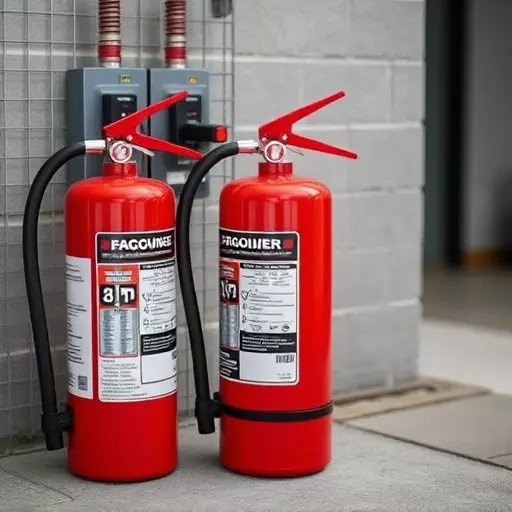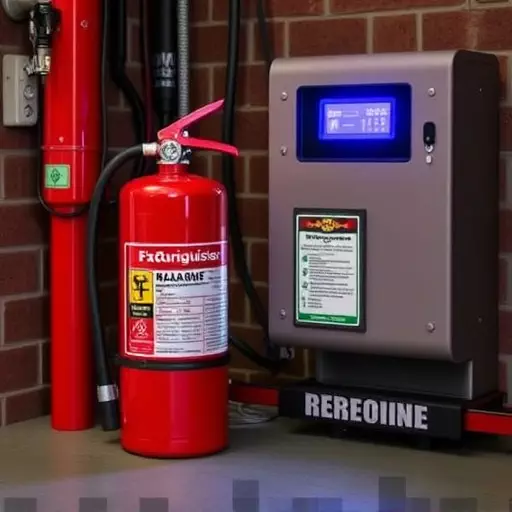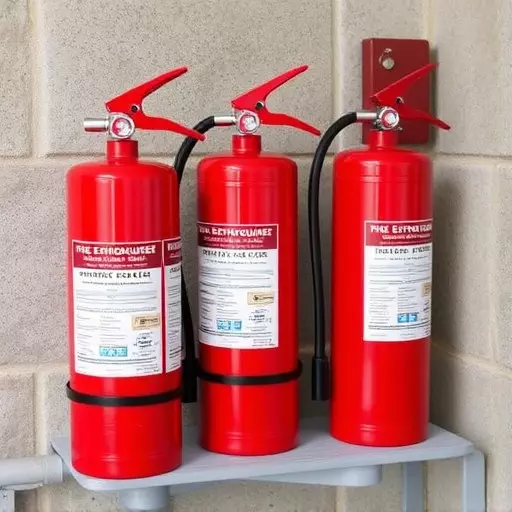The Fire Extinguisher Recharge Process Jacksonville is a meticulous safety and sustainability practice. It involves collecting, assessing, disassembling, cleaning, inspecting, replacing or refurbishing used extinguishers, and precisely refilling cylinders with fire suppression agents. This process offers numerous benefits like extended equipment lifespan, reduced environmental impact, lower costs compared to replacements, and swift emergency response. Benefits of fire extinguisher recharging include maximizing functionality and decreasing the carbon footprint associated with firefighting. Fire extinguisher recharge cost varies based on type, size, frequency, and business's green initiatives.
In the pursuit of safety and environmental stewardship, understanding the fire extinguisher recharge process in Jacksonville is paramount. This article delves into the intricacies of this critical maintenance task, highlighting the benefits of regular recharging for optimal performance. We explore factors influencing fire extinguisher recharge cost, offering insights to businesses and residents alike. By embracing the best practices for this essential procedure, Jacksonville communities can enhance their emergency readiness while promoting environmental sustainability.
- Understanding the Fire Extinguisher Recharge Process in Jacksonville
- Benefits of Regular Fire Extinguisher Recharging
- Factors Affecting Fire Extinguisher Recharge Cost
Understanding the Fire Extinguisher Recharge Process in Jacksonville
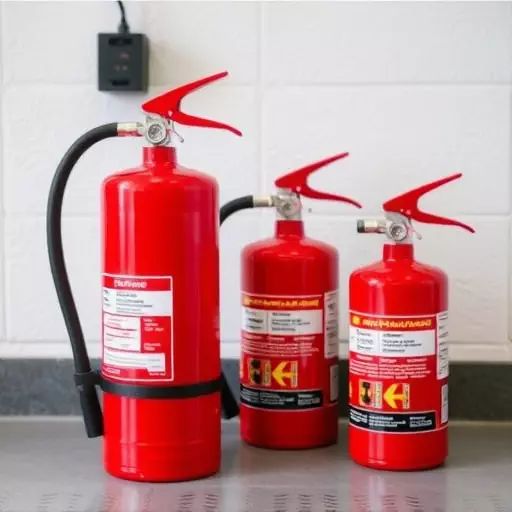
The fire extinguisher recharge process in Jacksonville involves a series of meticulous steps to ensure the device’s effectiveness and safety. This process begins with the collection and assessment of used extinguishers, which are then disassembled for thorough cleaning and inspection. Depending on their condition, components might be replaced or refurbished, emphasizing sustainability and cost-efficiency. The heart of the recharge lies in refilling the extinguisher’s cylinder with the appropriate fire-suppression agent, following precise calculations to maintain optimal pressure levels.
Jacksonville residents and businesses benefit from regular recharging, which not only ensures compliance with local fire safety regulations but also provides several advantages. These include extended equipment lifespan, reduced environmental impact by minimizing waste, and potentially lower costs compared to replacement. The recharge process is cost-effective, with prices varying based on extinguisher type and the extent of repair required. Understanding these benefits and integrating regular recharging into maintenance plans can significantly contribute to a safer, more sustainable Jacksonville community.
Benefits of Regular Fire Extinguisher Recharging
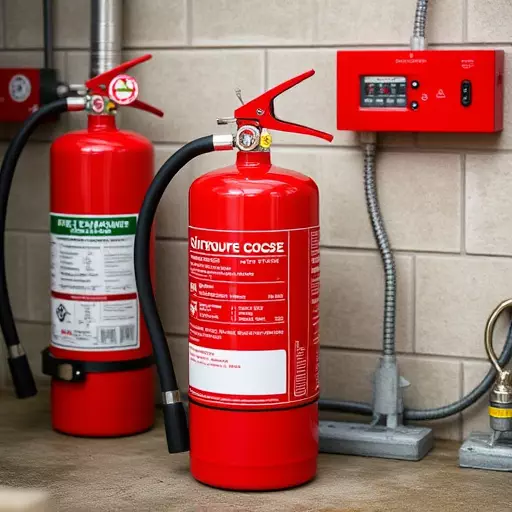
Regular fire extinguisher recharging offers numerous environmental benefits for communities like Jacksonville. By maintaining proper maintenance, local businesses and residents can ensure these essential safety devices are always ready in case of an emergency. This proactive approach minimizes the need for frequent replacement, reducing electronic waste and its associated environmental impact. Moreover, recharging helps cut down on the overall cost of fire safety, as it’s more economical than purchasing new extinguishers regularly.
Proper recharge processes also guarantee that fire extinguishers function optimally, maximizing their effectiveness during use. This means potential fires can be swiftly and effectively controlled, thereby decreasing the carbon footprint associated with firefighting efforts due to prolonged or severe blazes.
Factors Affecting Fire Extinguisher Recharge Cost
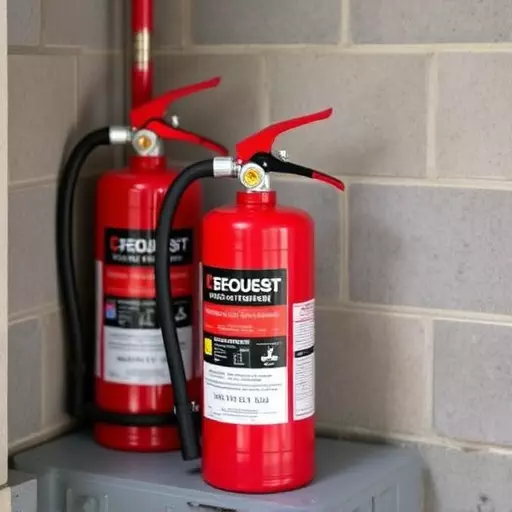
The cost of the fire extinguisher recharge process in Jacksonville can vary significantly based on several factors. One of the primary considerations is the type and size of the extinguisher, as larger or specialized models often come with higher recharge costs. Additionally, the frequency of recharging plays a role; regular maintenance and timely replacements of certain components can impact overall expenses.
Another crucial aspect is the environmental impact, which indirectly influences recharge cost. Sustainable practices in the recharge process, such as recycling old fire extinguishers and using eco-friendly refills, may incur slightly higher upfront costs but contribute to long-term savings and environmental benefits. These practices are becoming increasingly important as businesses and organizations look for ways to incorporate green initiatives into their operations, including fire safety measures.
